Belgrade, Priština reach concrete agreements
Agreements on freedom of movement and exchange of birth registries were reached during the fifth round of Belgrade-Priština talks held on Saturday in Brussels.
Sunday, 03.07.2011.
13:13

Agreements on freedom of movement and exchange of birth registries were reached during the fifth round of Belgrade-Pristina talks held on Saturday in Brussels. Belgrade negotiating team head Borislav Stefanovic says that a solution to the issue of recognition of university diplomas would be subsequently found. Belgrade, Pristina reach concrete agreements Brussels has announced that the agreements will come into effect as soon as it becomes “operationally feasible“ and their implementation will be guaranteed by a working group. Stefanovic is disappointed with the fact that the Pristina delegation did not accept a solution to the cadastre issue which was drafted by the Belgrade team and the EU. He stressed that Saturday negotiations were very important because they did not jeopardize Serbia's sovereignty in any way and added that the solutions that had been reached did not mean that Serbia was recognizing so-called Kosovo independence. The Belgrade team chief pointed out that it was the best possible solution after 12 years. He said that Belgrade and Pristina after difficult negotiations agreed that Serbia would hand over copies of birth registries to EULEX. Stefanovic explained that Serbia this way avoided handing over the original registries which was a matter of the state sovereignty. He added that Kosovo citizens would be able to use so-called Kosovo ID cards and drivers licenses but that Serbian police would issue two certificates at the administrative line which would confirm that it was only an administrative control. The Belgrade team head explained that this meant that there was no legal relation to the documents issued in Pristina. Borislav Stefanovic and Edita Tahiri (Tanjug, file)
Belgrade, Priština reach concrete agreements
Brussels has announced that the agreements will come into effect as soon as it becomes “operationally feasible“ and their implementation will be guaranteed by a working group.Stefanović is disappointed with the fact that the Priština delegation did not accept a solution to the cadastre issue which was drafted by the Belgrade team and the EU.
He stressed that Saturday negotiations were very important because they did not jeopardize Serbia's sovereignty in any way and added that the solutions that had been reached did not mean that Serbia was recognizing so-called Kosovo independence. The Belgrade team chief pointed out that it was the best possible solution after 12 years.
He said that Belgrade and Priština after difficult negotiations agreed that Serbia would hand over copies of birth registries to EULEX.
Stefanović explained that Serbia this way avoided handing over the original registries which was a matter of the state sovereignty.
He added that Kosovo citizens would be able to use so-called Kosovo ID cards and drivers licenses but that Serbian police would issue two certificates at the administrative line which would confirm that it was only an administrative control.
The Belgrade team head explained that this meant that there was no legal relation to the documents issued in Priština.
















Komentari 8
Pogledaj komentare